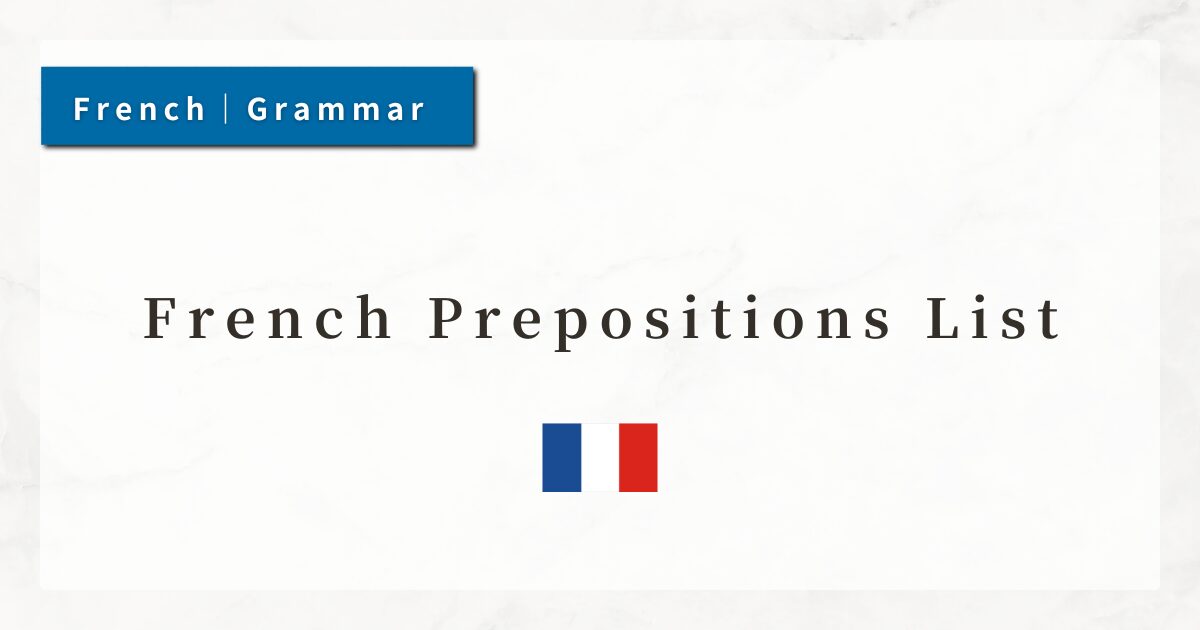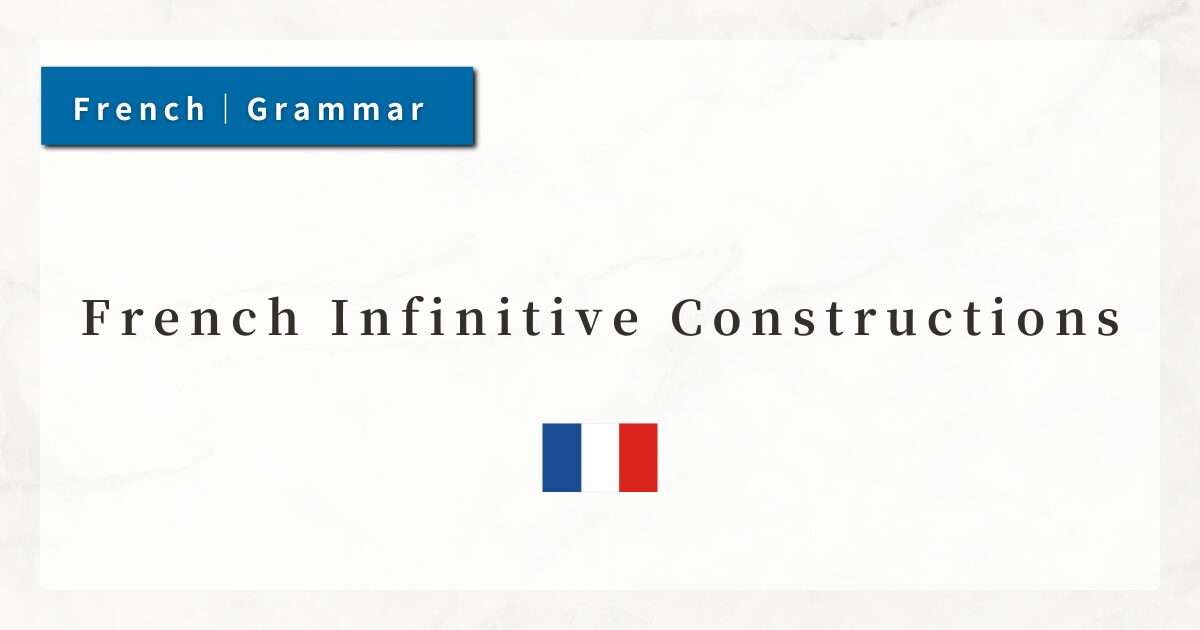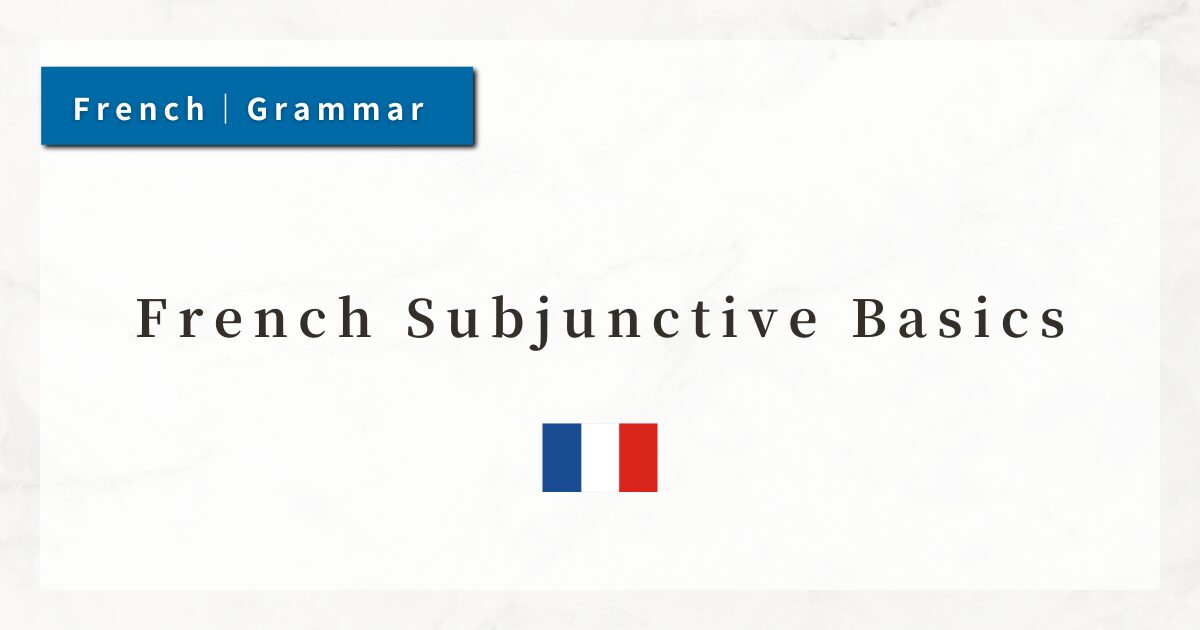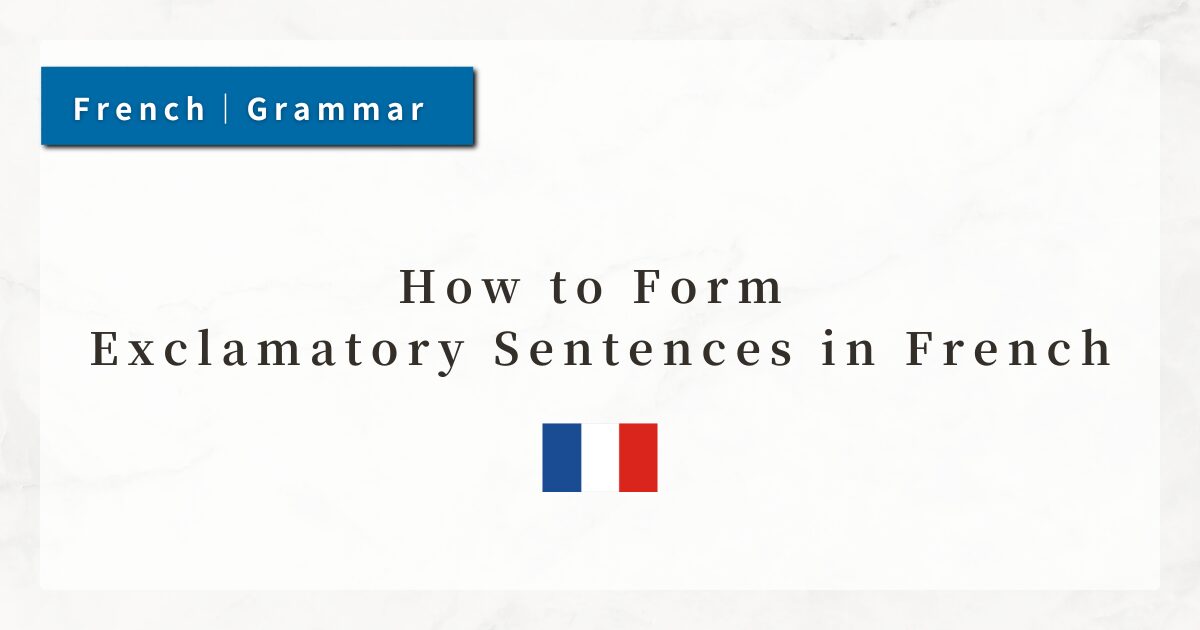#19 French Time Expressions | How to Tell Time with Rules and Examples
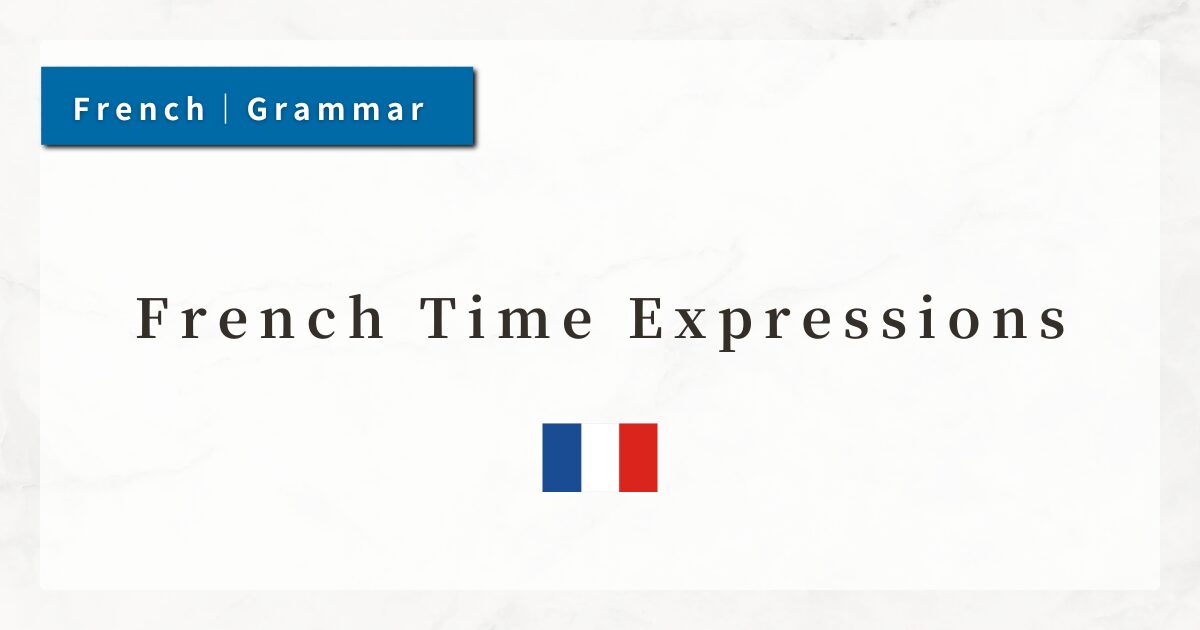
French has unique rules for expressing time. In addition, special expressions such as “15 minutes past,” “half past,” and “a quarter to” are used, which require a way of thinking different from Japanese or English.
In this lesson, I will explain useful expressions for asking, telling, and describing the time, with practical examples.
1. The Basics of Telling Time
In French, the structure for expressing the current time is “Il est + number + heure(s)”.
Here, Il is an impersonal subject, and est is the third-person singular of the verb être (“to be”).
- At 1o’clock, it is expressed as une heure (feminine singular).
- From 2 o’clock onward, the plural heures is used.
Since French requires agreement between numbers and nouns, be careful not to say “un heure (×)”.
2. Asking “What Time Is It?”
To ask for the time, use the expression: “Quelle heure est-il ?” (What time is it?)
This is the most common phrase. By adding maintenant (now), you make the question more polite or explicit.
- Quelle heure est-il maintenant ?
(What time is it now?)
3. Using et quart, et demie, and moins le quart
French often expresses “quarter past,” “half past,” and “quarter to” in concise ways:
| Expression | Meaning | Note |
|---|---|---|
| et quart | quarter past | quart = quarter of an hour (15 minutes) |
| et demie | half past | demie = half |
| moins le quart | quarter to | means “15 minutes before the next hour” |
- Il est neuf heures et quart.
(It is 9:15.) - Il est dix heures moins le quart.
(It is 9:45.)
4. Expressions of Time of Day
In everyday conversation, the 12-hour clock is common, while the 24-hour clock is preferred in official contexts and public institutions.
When using the 12-hour system, specify the time of day with the following phrases:
| Expression | Time Range | Example |
|---|---|---|
| du matin | morning (00:00–11:59) | Il est huit heures du matin. (It is 8 a.m.) |
| de l’après-midi | afternoon (12:00–17:59) | Il est trois heures de l’après-midi. (It is 3 p.m.) |
| du soir | evening/night (18:00–23:59) | Il est sept heures du soir. (It is 7 p.m.) |
These are used much like “in the morning” or “in the afternoon” in English.
Special expressions:
| Expression | Meaning |
|---|---|
| midi | noon (12:00) |
| minuit | midnight (00:00) |
| à quelle heure ? | at what time? (for schedules, appointments, etc.) |
| vers [time] | around (e.g., vers huit heures = around 8:00) |
| à huit heures précises | exactly at 8:00 |
5. Summary
- The basic structure is “Il est + number + heure(s)”.
- Use et quart (15), et demie (30), and moins le quart (45) for common time expressions.
- Add expressions such as “du matin” to clarify whether the time is in the morning, afternoon, or evening when using the 12-hour clock.
- midi (noon) and minuit (midnight) are frequently used and take special forms (e.g., Il est midi.).

